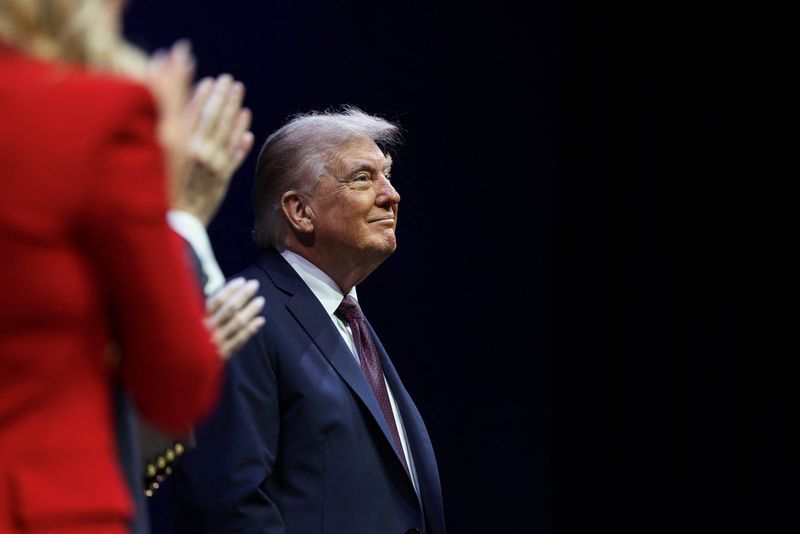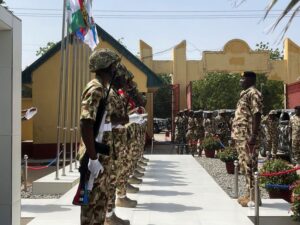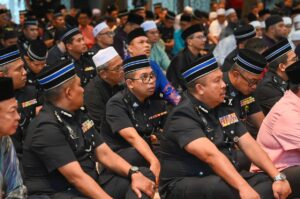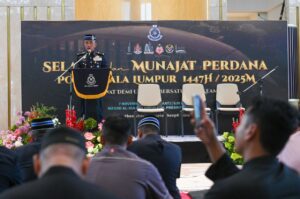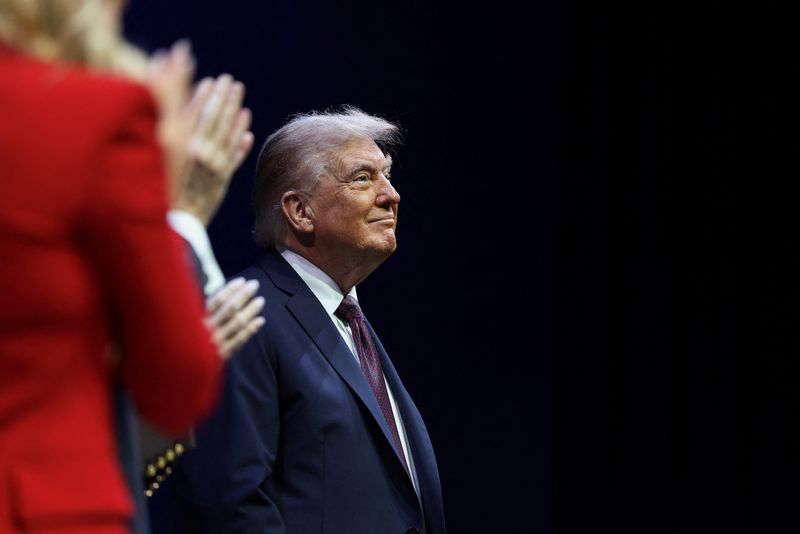
(Reuters) – The U.S. Supreme Court again backed President Donald Trump‘s hardline approach toward immigration on Monday, letting federal agents proceed with raids in Southern California targeting people for deportation based on their race or language.
The court granted a Justice Department request to put on hold a federal judge’s order temporarily barring agents from stopping or detaining people without “reasonable suspicion” they are in the country illegally, by relying on race or ethnicity, or if they speak Spanish or English with an accent, among other factors.
The Supreme Court’s three liberal justices publicly dissented from the decision, directing pointed criticism at its conservative majority.
The administration “has all but declared that all Latinos, U.S. citizens or not, who work low-wage jobs are fair game to be seized at any time, taken away from work, and held until they provide proof of their legal status to the agents’ satisfaction,” Justice Sotomayor wrote in the dissenting opinion.
“Rather than stand idly by while our constitutional freedoms are lost, I dissent,” Sotomayor added.
Los Angeles-based U.S. District Judge Maame Frimpong found on July 11 that the Trump administration’s actions likely violated the U.S. Constitution’s Fourth Amendment protection against unreasonable searches and seizures. The judge’s order applied to her court’s jurisdiction covering much of Southern California.
The Supreme Court’s order was brief and issued without any explanation, a common way it handles emergency matters, but one that has generated confusion in lower courts and criticism from some of the justices themselves. The court has a 6-3 conservative majority.
Concurring with the decision on Monday, conservative Justice Brett Kavanaugh said that “apparent ethnicity alone cannot furnish reasonable suspicion” but it can be a “‘relevant factor’ when considered along with other salient factors.”
Kavanaugh added: “If the officers learn that the individual they stopped is a U.S. citizen or otherwise lawfully in the United States, they promptly let the individual go.”
In a written filing, the Justice Department defended targeting people using a “reasonably broad profile” in a region where, according to the administration, about 10% of residents are in the country illegally.
The administration’s request marked its latest trip to the Supreme Court seeking to proceed with policies that lower courts have impeded after casting doubt on their legality. The Supreme Court has backed Trump in most of these cases.
Trump won election last year to a second term as president with promises of record-level deportations. His administration’s immigration raids, including in Los Angeles, have prompted panic in immigrant communities as well as protests, and have drawn lawsuits over the aggressive tactics employed by masked and armed federal enforcement agents.
In May, Stephen Miller, a senior Trump aide and the architect of the Republican president’s hardline immigration agenda, demanded that the leaders of the Immigration and Customs Enforcement agency ramp up deportations, setting a goal of 3,000 daily arrests.
TROOPS IN LOS ANGELES
Trump sent National Guard troops and U.S. Marines into Los Angeles in June in response to protests against the federal immigration raids, marking an extraordinary use of military force within the United States to support civilian police operations.
Local officials and California Governor Gavin Newsom, a Democrat, contested the deployment of troops, calling them unlawful and saying the actions were unnecessary and only served to inflame tensions.
A group of Latino people caught up in the raids, including some who are U.S. citizens, mounted a proposed class action lawsuit against Trump administration officials in Los Angeles federal court in July.
The lawsuit alleged a pattern of “roving” patrols by masked and heavily armed agents conducting interrogations and detentions based on racial profiling that resemble “brazen, midday kidnappings.”
One plaintiff, Jason Gavidia, claimed that agents roughed him up after disbelieving his statements to them that he is a U.S. citizen, demanding to know the name of the hospital where he was born.
“Individuals with brown skin are approached or pulled aside by unidentified federal agents, suddenly and with a show of force, and made to answer questions about who they are and where they are from,” the lawsuit stated.
Frimpong issued the temporary restraining order halting agents from using race or ethnicity, language, presence at a particular location such as a car wash or tow yard, or type of work, to carry out stops or arrests, as none of those factors alone can establish “reasonable suspicion” of illegality.
Frimpong was appointed by Democratic former President Joe Biden.
The San Francisco-based 9th U.S. Circuit Court of Appeals on Aug. 1 denied the administration’s request to lift Frimpong’s order.
In other cases, the Supreme Court has allowed Trump to deport migrants to countries other than their own without offering a chance to show harms they may face and to revoke temporary legal status previously granted by the government on humanitarian grounds to hundreds of thousands of migrants.
(Reporting by Andrew Chung in New York; Editing by Will Dunham)
